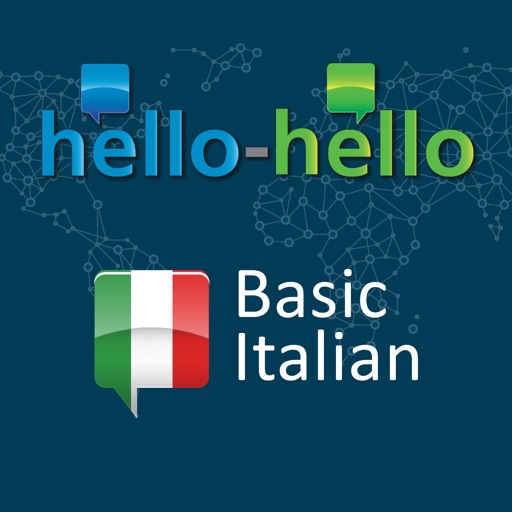Italian and English share a good amount of language between them. It is because Italian is a direct descendant of Latin, and Latin and English were in direct contact a long time ago. Another more recent reason is the blending of the English-speaking and Italian-speaking cultures. In fields such as music, art, and food, Italian is quite present. But there are also specific phrases that have slipped into English that perhaps are not so useful. Whether those are completely incorrect or simply a little off, one would want to watch out for the Italian phrases native speakers never speaks.
Capiche
Few English speakers may punctuate their sentences with capiche as a manner to check that the listener is following besides what they are saying. The same speakers will perhaps pronounce it ca-PEESH and say it is Italian. And though the word does have its roots in Italian, it has been altered in English. One will never see the word “capiche” in real Italian.
What one will find instead is capisci (ca-PEESH-ee) or capisce (ca-PEESH-ay), both are conjugations of the verb capire (“to understand”). It could be used similarly to ways English speakers use capiche, but simply be warned that capiche is certainly Americanism.
Latte
Modern-day American coffee culture takes plenty of its cues from Italy. But in that way of translation, Americans have gotten a lot of it wrong. The word latte means simply “milk” in Italian. If you wish to avoid getting a cup of milk, you will want to order a caffè latte.
The differences do not finish there. If you attempt to use any of the vocabularies you learned from one of the leading cafe brands in the US, you will perhaps run into problems. Their size chart — tall, grande or venti — translates in Italian to tall (well not Italian), large, and twenty (talking about the 20 ounces of liquid in it). And if you order a caffè, you will be getting an espresso, not a drip coffee. Italian coffee culture is quite a big deal, so you would want to go in prepared.
Vendetta
The concept of a blood feud goes deep in the cultural notion of Italy. Part of this could be traced back to Romeo and Juliet by William Shakespeare, probably the most famous story of two families that are continuously at each other’s throats. And where do they actually live? Northern Italy.
The word or term vendetta, however, does not mean “blood feud.” It actually means “vengeance,” which is the same concept, but if you call a thing a vendetta in Italian, you will not necessarily get across simply how serious a feud is. If you have to tell an Italian about the bad blood between you and another family that has stayed for generations, you would be better off using the word faida.
Bologna and Pepperoni
Are there really any two meats more quintessentially Italian compared to pepperoni and bologna? As you may guess, the answer is yes.
The word pepperoni hails from the Italian peperone, which stands for “pepper.” The sausage one knows as pepperoni was made by Italian-Americans. If you visit Italy and order a pizza having peperoni, you will get a pizza having peppers.
Bologna, the common lunchtime meat, is actually named after the part of Italy of the same name. The pronunciation is quite different, however: compare the American “ba-LOAN-ee” and Italian “bo-LOAN-ya.” And what Americans say “bologna” is formed on mortadella, a sort of meat that did hail from Bologna. They are not exactly the same, though. Mortadella is a cured pork sausage having visible chunks of pork fat, pistachio, and peppercorn. Bologna can be a number of various meats, and there would be no visible chunks in at all. You perhaps will not find any bologna in Bologna.
Like these words there are several other words, that you supposed are Italian but in reality, they are not. To know and learn more about the Italian language online, log in to Hello-Hello Language on the Go App and enroll yourself for the Italian language course.

Learn Italian Vocabulary (HH) allows you to master Italian words and phrases essential for your academic, professional and business success. The Italian course is based on a proven language learning methodology supported by amazing images; clear audio files (learn pronunciation) and engaging exercises. The app contains an extended database of Italian words and phrases and features 7 different modules for learning, 4 of which are designed specifically to practice listening, reading, writing and speaking skills. The learning process is enhanced with the use of word games, self-voice recording and spelling checks.
So get ready to learn Italian with this Super cool iPhone app! https://apps.apple.com/us/app/learn-italian-vocabulary-hh/id434210815

